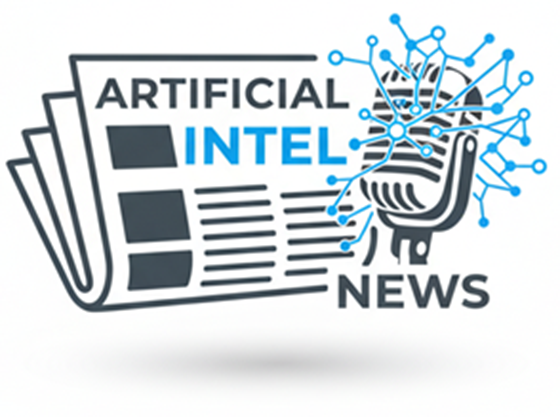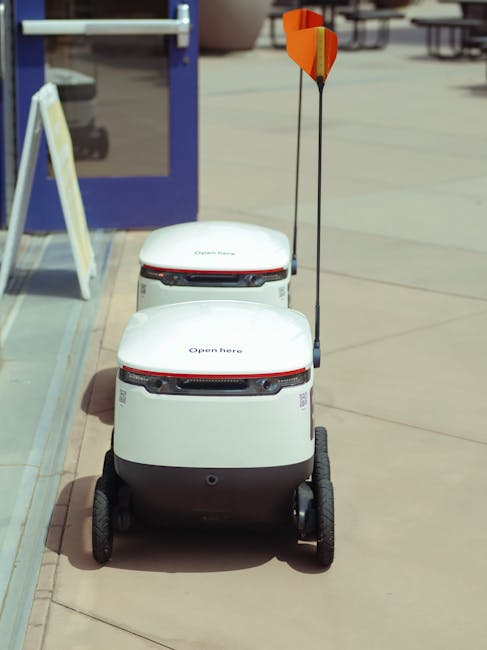The Evolution and Impact of AI: A Look at OpenAI’s Journey
OpenAI has been at the forefront of artificial intelligence advancements, significantly influencing productivity and creativity across various sectors. Since launching ChatGPT, OpenAI’s innovations have transformed from simple productivity tools to sophisticated AI systems capable of handling complex tasks and workflows.
Milestones in AI Development
Over recent years, OpenAI has released several AI models, each improving upon its predecessor in terms of capability and efficiency. This continuous development has enabled applications ranging from automating mundane tasks to providing sophisticated analytical insights.
Challenges and Controversies
Despite its successes, OpenAI has faced numerous challenges, including legal issues concerning data privacy and intellectual property. Additionally, debates regarding the ethical use of AI, especially in areas like mental health and misinformation, continue to shape public discourse.
AI in Everyday Life
The integration of AI in daily life is evident, with ChatGPT being used for everything from coding and content generation to customer service automation. However, the rise of AI also brings challenges, such as potential job displacement and the need for new regulations.
The Future of AI
Looking ahead, OpenAI plans to expand its AI capabilities further, potentially integrating more advanced models capable of deeper personalization and interaction. This trajectory suggests a future where AI becomes an even more integral part of both professional and personal contexts.
As AI technology evolves, it is crucial for stakeholders to collaborate on establishing frameworks that ensure ethical use while maximizing the benefits of AI innovations.






